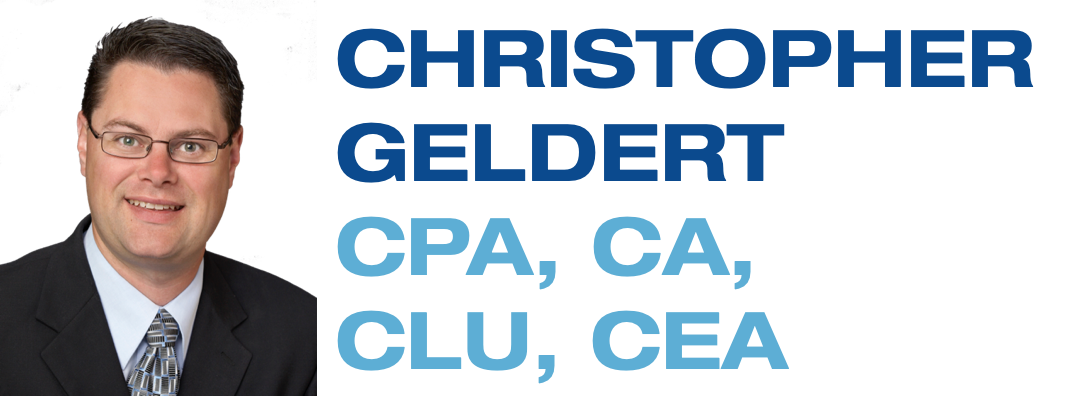Executors often find that the probate process can be both time-consuming and expensive. Planning strategies exist that may eliminate or reduce the requirement of having assets probated.
What is probate?
Probate is a legal procedure that validates a deceased’s will and confirms the executor’s authority to carry out the testator’s wishes. This provides assurance to third parties such as financial institutions and land registry offices that the executor has the power to deal with assets according to the will.
Are all wills subject to probate?
There is no requirement that every will must be probated. Proper planning can eliminate the need for probate and also, the type of asset involved will generally dictate whether or not probate is required.
What is the cost of probate?
-
This will depend on the province. At the low end, Alberta has a flat maximum fee of $400, while at the upper end Ontario has a levy of $15 per thousand on estates valued in excess of $50,000. British Columbia has fees of $14 per thousand (estates over $50,000) plus a filing fee;
-
Property which is owned in another province may attract fees based on that province’s fee schedule.
What are advantages to probate?
-
When Letters of Probate are obtained, financial institutions, transfer agents, land registry offices and other third parties can safely transfer the assets to the intended recipients;
-
The time frame for any court challenges to the will or estate is usually measured from when the probate was granted. This limits the period of when legal action might be taken.
What are the disadvantages to probate?
-
The process can be time consuming and complex;
-
Depending on the jurisdiction the cost of probate along with the legal fees can be expensive;
-
The process is open to public scrutiny so information about the estate distribution is made public.
7 Tips to avoid probate
There are a number of strategies to, if not avoid probate entirely, reduce the value of the assets that would otherwise be exposed to probate.
-
Make sure you have a will – Probate fees will be applied automatically if you die intestate (without a will);
-
Gifting prior to death – this can reduce the value of the estate, so it has to be done with care. It is important that all control over the gift must be relinquished. Be careful as there may be income tax considerations, (capital gains etc.), as well as possible property transfer taxes;
-
Use named beneficiaries whenever possible – moving assets to vehicles such as life insurance, annuities, and segregated funds is a great way to avoid probate. The bonus here is that it also allows the proceeds to be paid quickly and directly to the beneficiary. This also applies to registered investments such as RRSP’s, RRIF’s, TFSA’s and pensions;
To avoid the unintended future inclusion of these assets in your estate if the named beneficiary dies, you should consider naming a successor (contingent) beneficiary;
Named beneficiaries also provide a confidential transfer. The exception to this is in Saskatchewan where probate rules dictate that beneficiaries to insurance products be listed even though the proceeds are not subject to probate;
-
Use of Joint Tenancy – Holding assets in joint tenancy with a spouse, child or other family member will avoid probate as the asset passes automatically upon death to the other individual. Using joint tenancy to avoid probate fees should involve careful consideration as there will be a loss of control once it is jointly held and the asset will be exposed to the joint tenant’s creditors;
-
Use of Trusts – Transferring assets to a trust will remove the asset from the estate. The use of an alter-ego or joint spousal trust can be very effective for this purpose. Be careful of appreciable assets that may attract a taxable disposition upon transfer;
-
Transferring assets to a corporation – Except for outstanding mortgages on real estate which are deductible, generally probate fees are charged against the gross value of an estate asset. If an estate asset was purchased with borrowed money, it may be beneficial to transfer that asset to a limited company. This will reduce the value of the estate and the company share value will be the asset less the debt used to acquire it;
-
Multiple Wills – Not all assets are subject to probate. It is becoming popular to have two wills – one for those assets that are probatable and one for those that are not. For example, someone who owns private company shares may wish to use a second will to transfer those assets as private company shares are not subject to probate. If assets are held in another province with lower probate fees there may be an advantage to have a separate will dealing with those assets;
The strategy of multiple wills is not available in all provinces and the use of multiple wills may create problems with the new Graduated Rate Estate tax with respect to testamentary trusts.
Please note that legislation governing probate and the fees that are levied vary by province so not all the ideas presented here will apply to every province. This article does not apply to the province of Quebec. Careful planning is advisable with all estate planning considerations and it is important to seek professional advice when considering these strategies.
We are here to answer any questions you may have on this complicated issue. As always, please feel free to share this article with anyone you think may find it of interest.
Copyright @ 2018 FSB – All Rights Reserved



